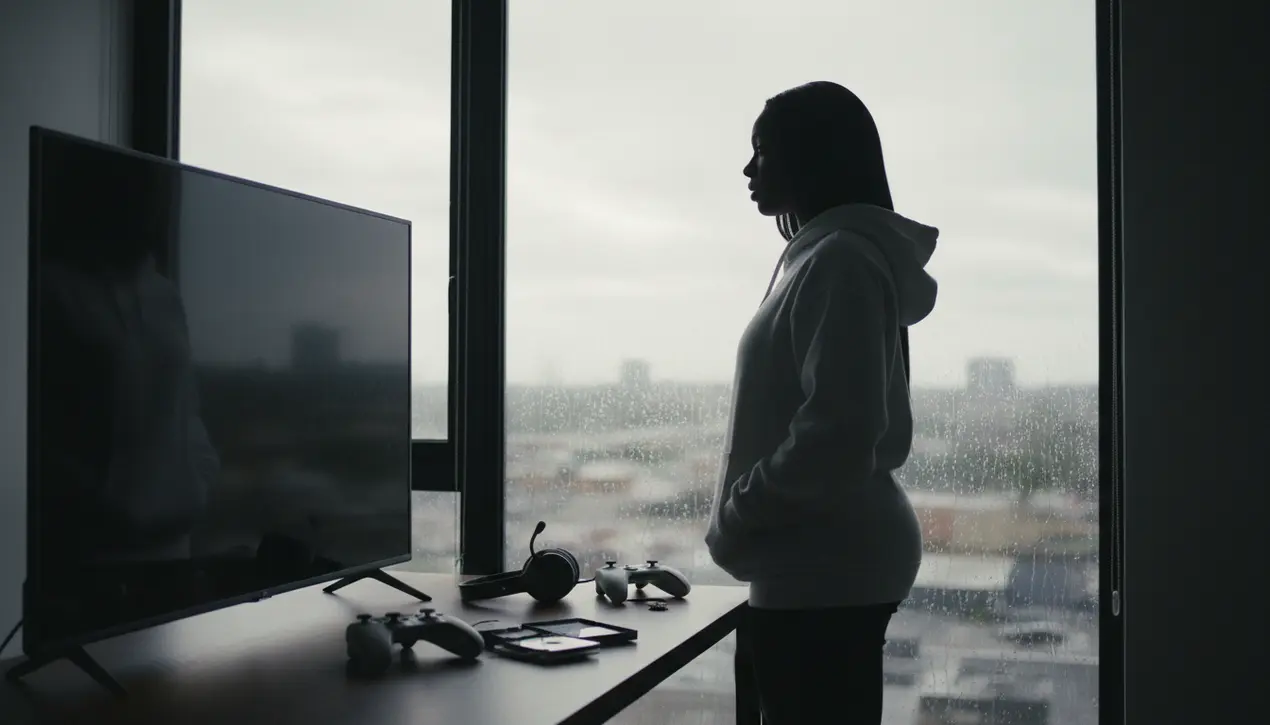
EntertainmentgamingGame Releases
Megan Thee Stallion turned down Call of Duty collaboration.
BR
Brian Miller
9 hours ago7 min read2 comments
In a move that underscores the complex interplay between celebrity, trauma, and the virtual battlegrounds of modern gaming, Megan Thee Stallion has reportedly turned down a high-profile collaboration with the Call of Duty franchise. The decision, as revealed by sources close to the situation, came after the rapper learned her digital avatar would be a shootable character within the game—a creative direction that clashed profoundly with her personal history.For an artist whose life was irrevocably altered by a very real, very public shooting incident involving Tory Lanez, the prospect of being virtually targeted, even in the context of entertainment, was a bridge too far. This isn't just another celebrity endorsement deal falling through; it’s a resonant chord struck in the key of lived experience, a stark reminder that for public figures, the line between persona and person is often a warzone in itself.The gaming industry, particularly the titans like Activision behind Call of Duty, has increasingly leaned into these cross-cultural partnerships, weaving rappers like Nicki Minaj and Snoop Dogg into their ecosystems as playable operators to expand their reach and cultural relevance. Yet, Megan’s refusal highlights a critical, often overlooked facet of these negotiations: the necessity of sensitivity.It’s one thing to have your likeness celebrated in a dance emote or a soundtrack; it’s entirely another to have it become a pixelated target for digital annihilation. This incident forces a conversation about the ethical responsibilities of game developers when leveraging the traumas of the artists they seek to partner with.What does it mean to commodify a celebrity's image without a full consideration of their narrative? For Megan Thee Stallion, whose career has been a powerful testament to reclaiming her agency and narrative after a highly traumatic event, this was not a mere business decision but an act of profound self-preservation. It echoes a broader cultural shift where artists are no longer passive endorsers but active participants in shaping how their stories are told and sold.The fallout from this declined offer may well ripple through the industry, prompting other developers to conduct more nuanced due diligence. It’s a lesson in empathy, set to the relentless beat of a first-person shooter—a dissonant track that Megan wisely chose not to feature on.
#Megan Thee Stallion
#Call of Duty
#video games
#collaboration
#Tory Lanez
#shooting
#music
#featured
Stay Informed. Act Smarter.
Get weekly highlights, major headlines, and expert insights — then put your knowledge to work in our live prediction markets.
Related News
Comments
Loading comments...
© 2025 Outpoll Service LTD. All rights reserved.